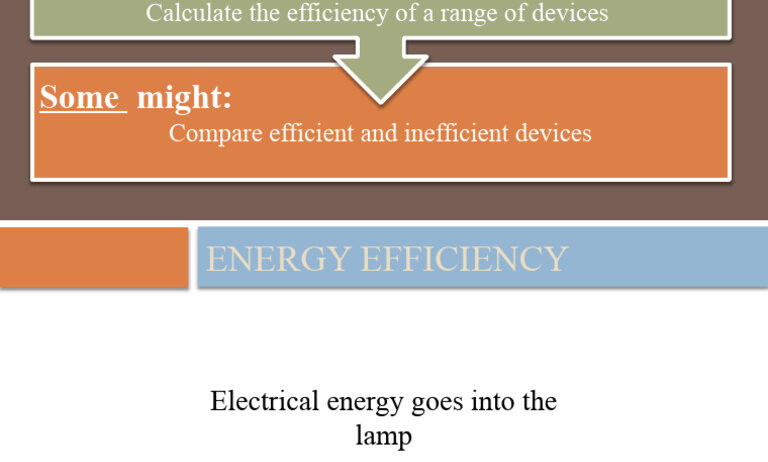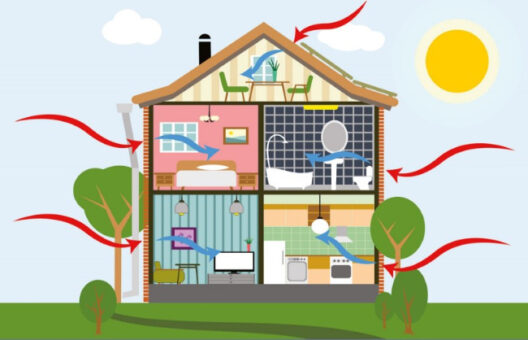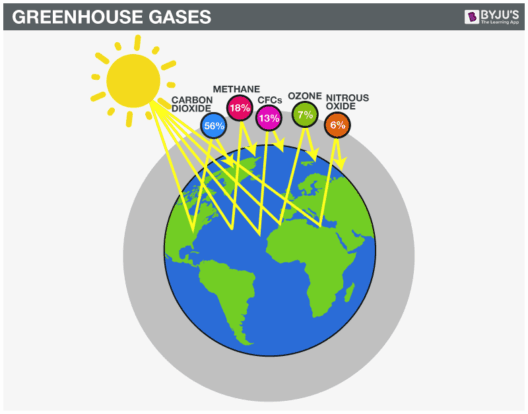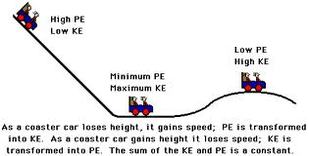In contemporary discourse surrounding sustainability, the terms “energy efficiency” and “energy conservation” frequently arise. However, despite their apparent similarity, these concepts embody distinct principles and practices that are essential for understanding the broader narrative of energy management. Delving into the differences between these two terms illuminates their implications for both individual behaviors and systemic policies affecting our environment.
Understanding the nuances between energy efficiency and energy conservation is pivotal for fostering a more sustainable future. Each approach contributes to reducing energy consumption, yet they do so through divergent methods and motivations. This extensive comparison aims to clarify these differences, encouraging informed decision-making among individuals, businesses, and policymakers alike.
Defining Energy Efficiency and Energy Conservation
At its core, energy efficiency pertains to the use of technology to consume less energy while maintaining the same level of output or service. It revolves around the innovation of appliances, fixtures, and systems designed to maximize performance without proportionate increases in energy usage. For instance, an energy-efficient light bulb provides the same luminosity as a traditional bulb but consumes significantly less electricity. This approach seeks to enhance performance through technological advancement.
Conversely, energy conservation involves behavioral changes and practices aimed at reducing overall energy consumption. It is founded on the principle of minimizing energy use regardless of the equipment employed. Actions such as turning off lights when leaving a room, reducing thermostat settings during winter, or embracing carpooling are emblematic of energy conservation. This strategy emphasizes the importance of personal responsibility and is rooted in developing a mindset that prioritizes reducing demand rather than enhancing efficiency alone.
Technological Innovations vs. Mindful Practices
When exploring the realm of energy efficiency, the discussion inevitably transitions to the myriad technological innovations that have emerged within the energy sector. Products like Energy Star appliances, high-efficiency heating and cooling systems, and LED lighting systems represent the hallmark of efficiency advancements. These technologies are designed to convert energy into functional output more effectively, thereby facilitating a reduction in energy waste.
However, there exists a paradoxical effect resulting from these advancements. The principle of “Jevons Paradox” suggests that as efficiency improves, consumption may simultaneously increase due to lower operational costs. This phenomenon underscores the importance of integrating energy conservation strategies with efficiency measures to ensure that reduced energy consumption is not merely an illusion created by enhanced technology.
In contrast, energy conservation strategies focus on cultivating a culture of mindful energy use. This can manifest in various forms, from promoting public awareness campaigns that educate communities on the importance of reducing energy consumption to implementing policies that incentivize sustainable practices. The direct correlation between individual actions and their cumulative environmental impact is a powerful motivator for change. It fosters a sense of collective responsibility, urging communities to engage actively in energy-saving measures.
Motivations Behind Energy Efficiency and Conservation
Understanding the motivations behind energy efficiency and energy conservation provides insight into their respective challenges and advantages. Energy efficiency initiatives often stem from economic considerations, wherein businesses and individuals seek to reduce costs associated with energy bills. Additionally, governments frequently implement efficiency programs to meet regulatory targets or to stimulate economic growth through investments in green technology.
On the other hand, energy conservation is primarily driven by environmental and ethical considerations. The underlying rationale is a recognition of limited natural resources and the impacts of climate change. It fosters an ethos of stewardship, emphasizing the responsibility to preserve the environment for future generations. This intrinsic motivation can lead to profound lifestyle changes, as individuals prioritize sustainable choices not merely for economic benefit but for the greater good of the planet.
Complementary Approaches to Achieve Sustainable Energy Use
Despite their differences, energy efficiency and energy conservation are not mutually exclusive; rather, they can be viewed as complementary components of a comprehensive energy strategy. By integrating efficient technologies with conservation practices, a holistic approach emerges—one that addresses both supply-side and demand-side solutions to energy use.
For instance, a household equipped with energy-efficient appliances but still engaging in wasteful behaviors may not reap the full benefits of its investment. Conversely, an energy-conscious household employing outdated appliances may struggle to achieve meaningful energy savings. The intersection of these two approaches underscores the importance of a multifaceted strategy in achieving sustainable energy use. Educational initiatives that highlight the synergy between efficiency and conservation can empower individuals to embrace both practices, magnifying their impact.
Conclusion: A Paradigm Shift Needed for the Future
As the global community grapples with the pressing challenges of climate change, energy efficiency and energy conservation must be perceived not just as separate concepts, but as interwoven strands in the fabric of sustainable development. The proliferation of efficient technologies presents a promising avenue for reducing energy consumption, yet without fostering a conservation mindset, the potential for lasting impact is severely limited.
Ultimately, a paradigm shift is required—a collective awakening to the realities of energy use and its implications. By embracing both energy efficiency and energy conservation, we lay the groundwork for a more sustainable future, characterized by responsible consumption and a commitment to stewardship of our planet’s resources.







